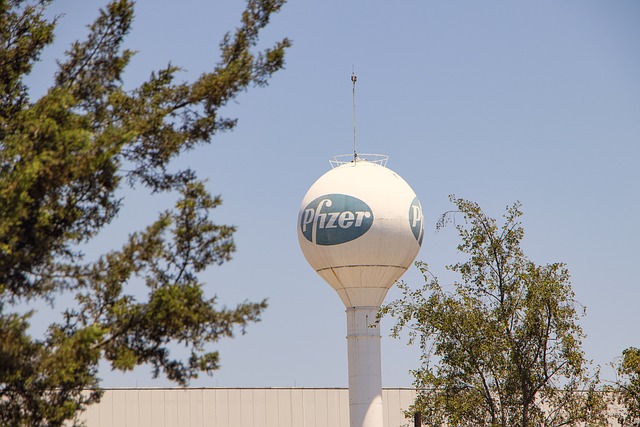In a significant development, biopharmaceutical company CureVac has taken legal action by filing an expanded patent lawsuit against Pfizer/BioNTech. The lawsuit specifically targets Pfizer/BioNTech’s mRNA (messenger RNA) technology, which has been widely used in the development of COVID-19 vaccines.
CureVac, known for its own mRNA-based vaccine efforts, claims that Pfizer/BioNTech has infringed upon its intellectual property rights relating to mRNA technology. By expanding the scope of their initial lawsuit, CureVac aims to strengthen its case and ensure adequate protection for its innovative mRNA research.
The legal battle between CureVac and Pfizer/BioNTech has now entered a more contentious phase, with both companies vying for dominance in the rapidly advancing field of mRNA therapeutics. The outcome of this lawsuit could have far-reaching implications for the future development and commercialization of mRNA-based vaccines and treatments.
mRNA technology has gained significant attention in recent years due to its ability to instruct cells to produce specific proteins, offering promising avenues for vaccine development, cancer treatments, and various other medical applications. Both CureVac and Pfizer/BioNTech have made substantial investments and groundbreaking advancements in harnessing this technology to combat diseases.
As the world grapples with the ongoing COVID-19 pandemic, the development and distribution of effective vaccines have become paramount. The mRNA-based vaccines developed by Pfizer/BioNTech and Moderna have played a pivotal role in the global vaccination efforts, offering high efficacy and safety profiles.
CureVac’s expanded patent lawsuit against Pfizer/BioNTech is likely to have ripple effects throughout the biopharmaceutical industry, potentially influencing research collaborations, licensing agreements, and the competitive landscape surrounding mRNA technology. It highlights the increasing importance of intellectual property protection and the challenges faced by companies operating in a rapidly evolving scientific and commercial environment.
As legal proceedings unfold, stakeholders from the scientific community, pharmaceutical industry, and regulatory bodies will closely monitor the outcomes, as they could shape the future direction of mRNA research and its applications in various disease treatments beyond COVID-19.
Ultimately, this legal dispute serves as a reminder of the complex interplay between innovation, intellectual property, and the pursuit of scientific breakthroughs. It underscores the need for a robust and balanced legal framework to incentivize research and development while ensuring fair competition and access to life-saving medical advancements.












